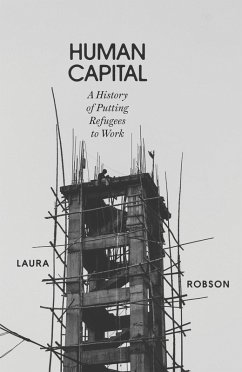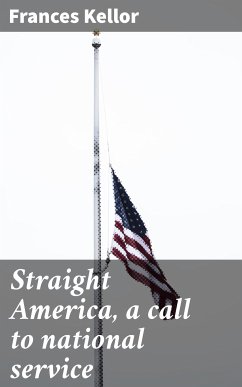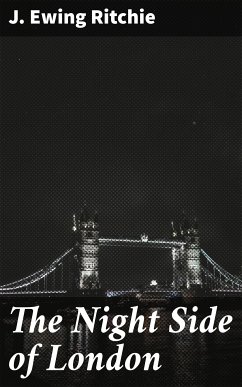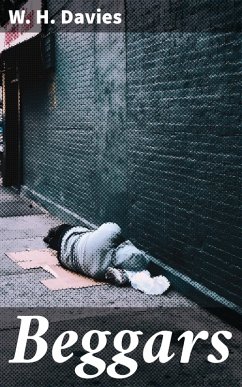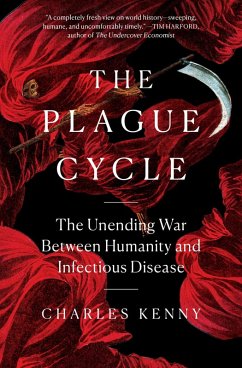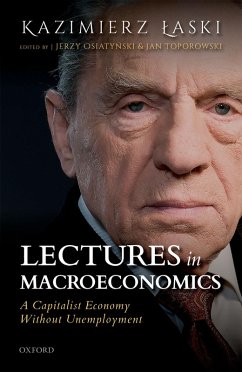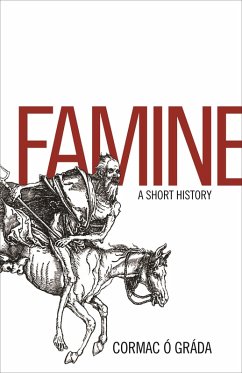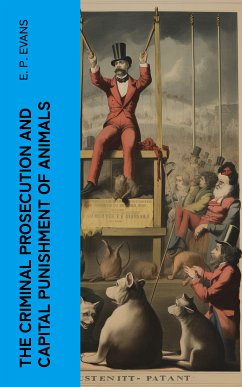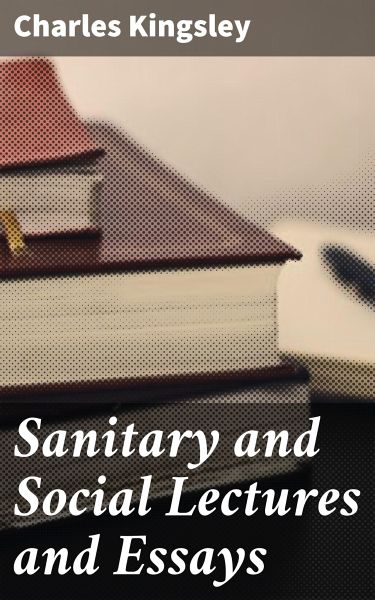
Sanitary and Social Lectures and Essays (eBook, ePUB)
Exploring Social Urgency and Reform in the 19th Century
Versandkostenfrei!
Sofort per Download lieferbar
0,49 €
inkl. MwSt.
Weitere Ausgaben:

PAYBACK Punkte
0 °P sammeln!
In "Sanitary and Social Lectures and Essays," Charles Kingsley presents a compelling exploration of the intersecting themes of public health, social justice, and moral responsibility in Victorian England. This collection, characterized by its persuasive prose and thought-provoking arguments, addresses pressing issues such as urban sanitation, poverty, and the need for social reform. Kingsley's literary style merges scientific inquiry with rhetorical flair, making his lectures accessible yet profound, deeply rooted in the burgeoning movements for public health and community improvement of the 1...
In "Sanitary and Social Lectures and Essays," Charles Kingsley presents a compelling exploration of the intersecting themes of public health, social justice, and moral responsibility in Victorian England. This collection, characterized by its persuasive prose and thought-provoking arguments, addresses pressing issues such as urban sanitation, poverty, and the need for social reform. Kingsley's literary style merges scientific inquiry with rhetorical flair, making his lectures accessible yet profound, deeply rooted in the burgeoning movements for public health and community improvement of the 19th century. His insights resonate with contemporary discussions on social equity and environmental health, enhancing the relevance of his work. Charles Kingsley, a prominent Victorian author and an advocate for social reform, was inspired by his experiences as a clergyman and his observations of the chronic issues plaguing the working classes. With a background in natural history and a passion for social justice, Kingsley sought to bridge the gap between scientific understanding and moral obligation, urging society to foster a healthier environment for all. His own life as a father and educator infused his writings with a personal commitment to the welfare of society's most vulnerable. "Sanitary and Social Lectures and Essays" is a crucial read for anyone interested in the intersections of health, morality, and social policy. Kingsley'Äôs potent arguments and visionary ideas serve as an invaluable resource for scholars, activists, and anyone striving to understand the historical foundations of modern public health discourses. This work not only enriches our understanding of the past but also offers timeless lessons for contemporary society.
Dieser Download kann aus rechtlichen Gründen nur mit Rechnungsadresse in A, B, BG, CY, CZ, D, DK, EW, E, FIN, F, GR, H, IRL, I, LT, L, LR, M, NL, PL, P, R, S, SLO, SK ausgeliefert werden.




